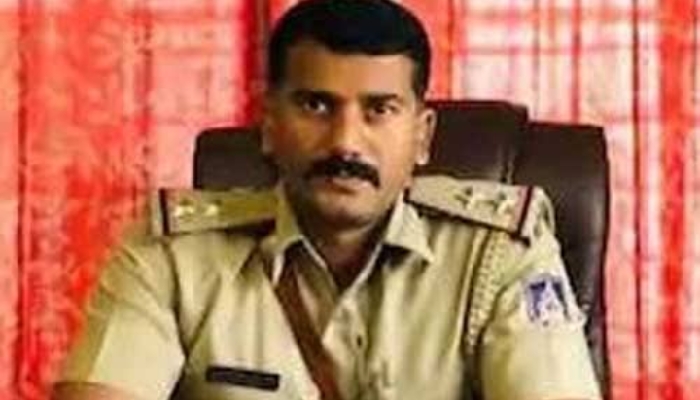Davangere, Sept 18: A Class 7 student of Morarji Desai residential school in Kariganur near Basavapatna in the district died at McGann Hospital in Shivamogga on Sunday.
However, her parents have lodged a complaint with the police, raising doubts over the cause of the her death.
The deceased has been identified as Aishwarya. According to the complaint lodged by the girl’s father Rangappa, he got a call from the school on September 12, that his daughter was ill.
“I went to the school on September 13 and found that Aishwarya’s leg was swollen. We shifted her to the district hospital in Davanagere and then to McGann Hospital in Shivamogga. She died on Sunday.
“There are suspicions about the cause of her death,” the complaint said.
Dr Bhimashankar Guled, Superintendent of Police, Davangere, told DH that the exact cause of the girl’s death would be known after receiving the post-mortem report.
Deputy director of Social Welfare department Kumara Hanumanthappa said that Aishwarya had injured her leg after she fell down on the school premises on September 10.






Comments
obviously foul play is there. No doubt
Sad incident. RIP. probe needed
Should have proper probe
If anything is there, the management team wont reveal. Because it affect their reputation and admission.
Dont know what happened, still i feel unusal thing. There are many cases reported recently regarding failure or unwanted action from school authority.
No doubt. something happened in school and they didnt reveal fully to parents
I feel SOMETHING fishy
Add new comment